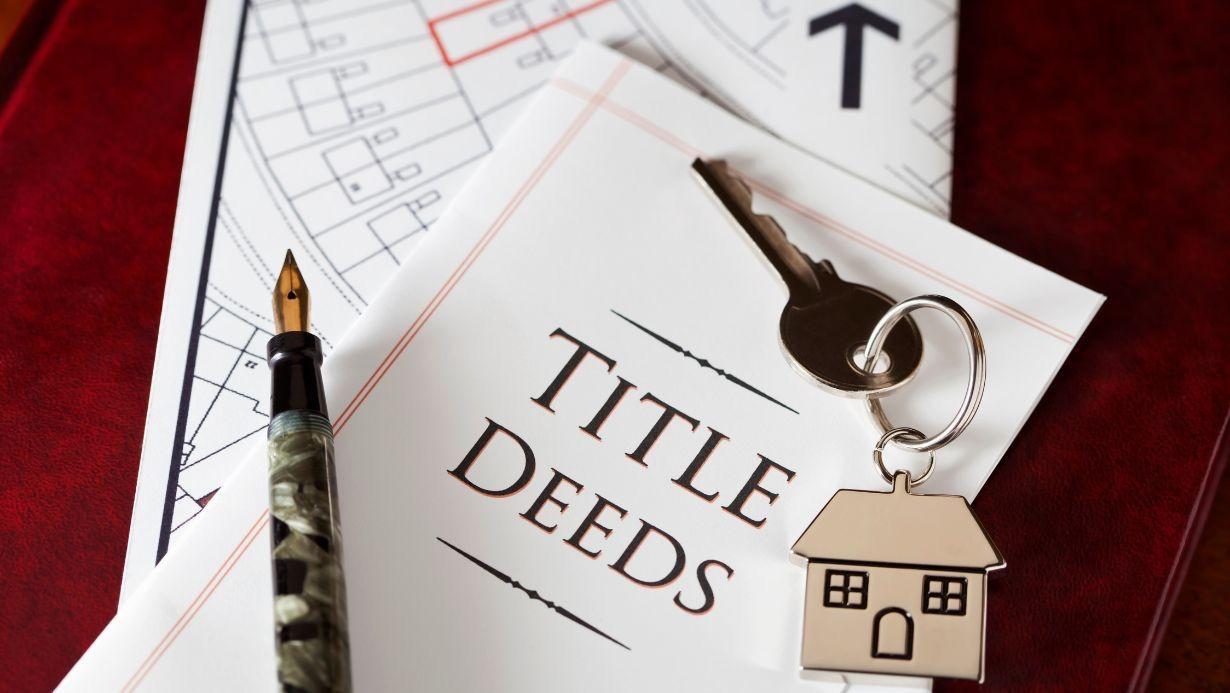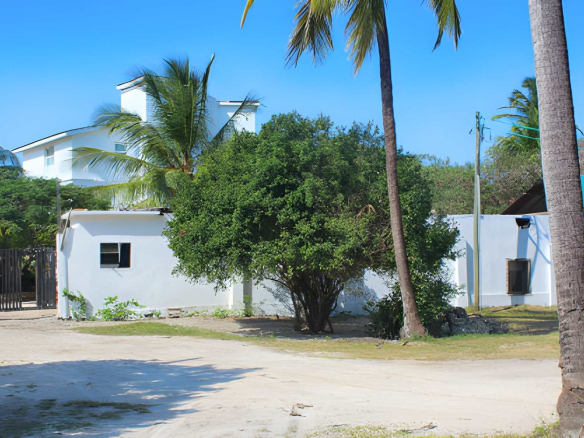Everything You Must Know Before Buying Property: The Ultimate Guide to Avoiding Land Scams in Kenya
The Harsh Reality of Land Fraud in Kenya
Every single day in Kenya, at least 3 families lose their entire life savings to land scammers. The Directorate of Criminal Investigations (DCI) reports that land fraud cases have increased by 67% since 2020, with Nairobi, Kiambu, Machakos, and Mombasa being the worst affected counties.
This comprehensive guide will arm you with:
-
Forensic-level verification techniques used by authorities
-
Little-known government databases to confirm authenticity
-
Psychological tricks scammers use to pressure victims
-
Step-by-step due diligence process with exact costs
-
Redemption strategies if you’ve already been scammed
Section 1: Anatomy of Kenyan Land Scams (Expanded)
1.1 The Title Deed Forgery Network
How it works:
-
Fraudsters obtain genuine serial numbers from corrupt lands office clerks
-
They print identical replica title deeds using specialized printers
-
The forgeries include all security features: watermarks, serial numbers, even UV elements
Real Case (2023): A syndicate in Thika was producing fake titles for non-existent land in Murang’a, conning 87 buyers out of KSh 420 million before DCI busted them.
1.2 The Inheritance Scam (Common in Western Kenya)
The playbook:
-
Scammer claims to be selling “family land” after parents’ death
-
Presents fake death certificates and letters of administration
-
Disappears after payment, then real heirs emerge
Protection Tip: Always verify death certificates at the Registrar of Births and Deaths (KSh 500 search fee).
1.3 The Multiple Allocation Scheme
-
County officials illegally allocate the same parcel to 5+ buyers
-
Common in newly regularized settlements like those near airports
-
All buyers get genuine-looking allotment letters
Hotspot Areas: Areas around JKIA, Mombasa’s Port Reitz
1.4 The Fake Lawyer Con
The scam:
-
Fraudster hires an office in a real law firm’s building
-
Uses genuine-looking but fake letterheads
-
Provides “verified” documents that are all forged
Red Flag: If their “office” is just a desk in a shared space
Section 2: Advanced Verification Techniques
2.1 The 15-Point Physical Verification
Before paying deposit:
-
Visit at different times – Morning, evening, weekend
-
Check access roads – Are they public or crossing private land?
-
Soil examination – Does it match the area’s geology?
-
Mobile network test – Call from the plot to verify location
-
Local chief verification – Get stamped confirmation letter
2.2 Digital Forensic Checks
A. Google Earth Timeline
-
View historical satellite images to confirm:
-
When structures were built
-
If land was previously forest/public space
-
B. National Land Commission GIS Portal
-
Overlays all government land records
-
Shows protected areas and disputed zones
C. E-Citizen Cross-Reference
-
Verify seller’s ID matches title records
-
Check business registration if buying from company
2.3 The Forgery Detection Kit
Carry these when viewing documents:
-
UV torch – Check security features
-
Magnifying glass – Examine microprinting
-
Ruler – Measure document dimensions (official titles are A3)
-
Recent rates receipt – Demand original, not copy
Section 3: The Professional Buyer’s Timeline
Phase 1: Pre-Engagement (1-2 weeks)
-
Day 1-3: Preliminary online searches (KSh 2,500)
-
Day 4-7: Physical verification visit (KSh 15,000)
-
Day 8-10: Lawyer’s preliminary report (KSh 7,500)
Phase 2: Transaction Process (4-6 weeks)
-
Week 1: Pay 10% deposit via bankers cheque (never cash)
-
Week 2-3: Conduct full land search (KSh 5,000)
-
Week 4: Surveyor’s report (KSh 25,000)
-
Week 5: Consent from Land Control Board (KSh 10,000)
-
Week 6: Final payment and transfer
Section 4: County-Specific Risks
4.1 Nairobi County Dangers
-
Westlands: Fake title deeds for non-existent apartments
-
Embakasi: Multiple allocations on railway reserve
-
Lang’ata: Grabbed school/church land resold
4.2 Coastal Region Tricks
-
Mombasa: Fake beach plots below high-water mark
-
Malindi: Foreigners selling land they can’t legally own
-
Kwale: Disputed mining land sold as residential
4.3 Rift Valley Red Flags
-
Naivasha: Fake group ranch shares
-
Nakuru: Fraudulent agricultural leases
-
Narok: Maasai communal land sold illegally
Section 5: When Scams Happen – Damage Control
5.1 Immediate Actions
-
Place caveat at lands registry within 24 hours (KSh 1,000)
-
Report to DCI Land Fraud Unit (0722 414 613)
-
Freeze seller’s accounts via court order
5.2 Legal Recovery Options
-
Civil suit: Takes 2-5 years, 60% success rate
-
Criminal prosecution: Faster but requires DCI cooperation
-
Alternative dispute resolution: Through NLC
5.3 Psychological Support
-
Contact Consumer Grassroots Association for victim support
-
Report to KNHRC if authorities are unhelpful
Section 6: Emerging Scam Trends (2025 Alert)
-
Blockchain Land Scams
-
Fake “digital title deeds” sold to tech-savvy buyers
-
-
Pensioner Targeting
-
Retirees pressured to buy “discounted” cemetery plots
-
-
Church Land Grabs
-
Corrupt officials transferring mission land to private developers
-
Section 7: The Safe Buyer’s Toolkit
7.1 Must-Have Contacts
-
Survey of Kenya: 0720 410 000 (beacon verification)
-
Ministry of Lands: 020 800 1000 (title confirmation)
-
Law Society of Kenya: 0722 200 001 (lawyer verification)
7.2 Sample Budget for Due Diligence
| Service | Cost (KSh) |
|---|---|
| Official land search | 500 |
| Surveyor verification | 15,000 |
| Lawyer’s fees | 25,000 |
| Historical search | 7,500 |
| Total | 48,000 |
Remember: This is 0.5% of a KSh 10M property – cheap insurance!
The Golden Rules
-
Never buy land from unverified agents
-
Always visit multiple times before paying
-
Verify thrice – Lands office, surveyor, lawyer
-
Pay gradually – Milestone payments only
-
Walk away if anything feels off
Final Tip: Subscribe to Kenya Gazette notices to get alerts about disputed land.
This guide contains 87 specific verification steps used by professional property buyers. Bookmark it and share with anyone buying land in Kenya!






Join The Discussion